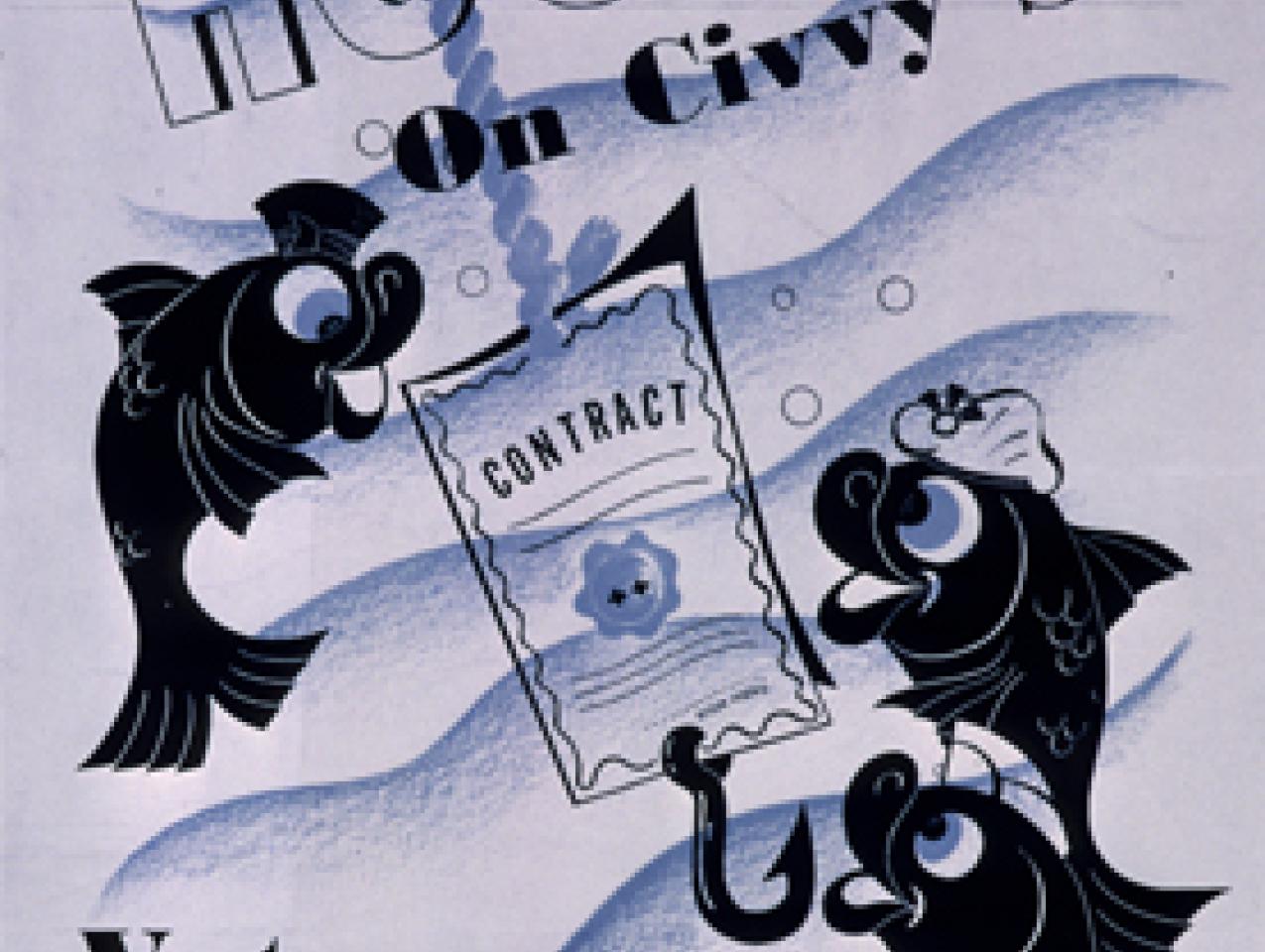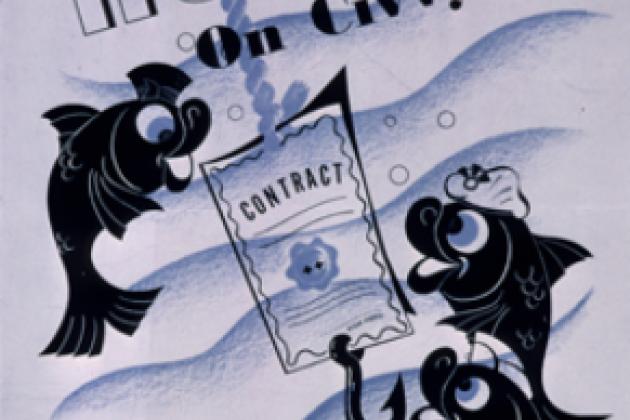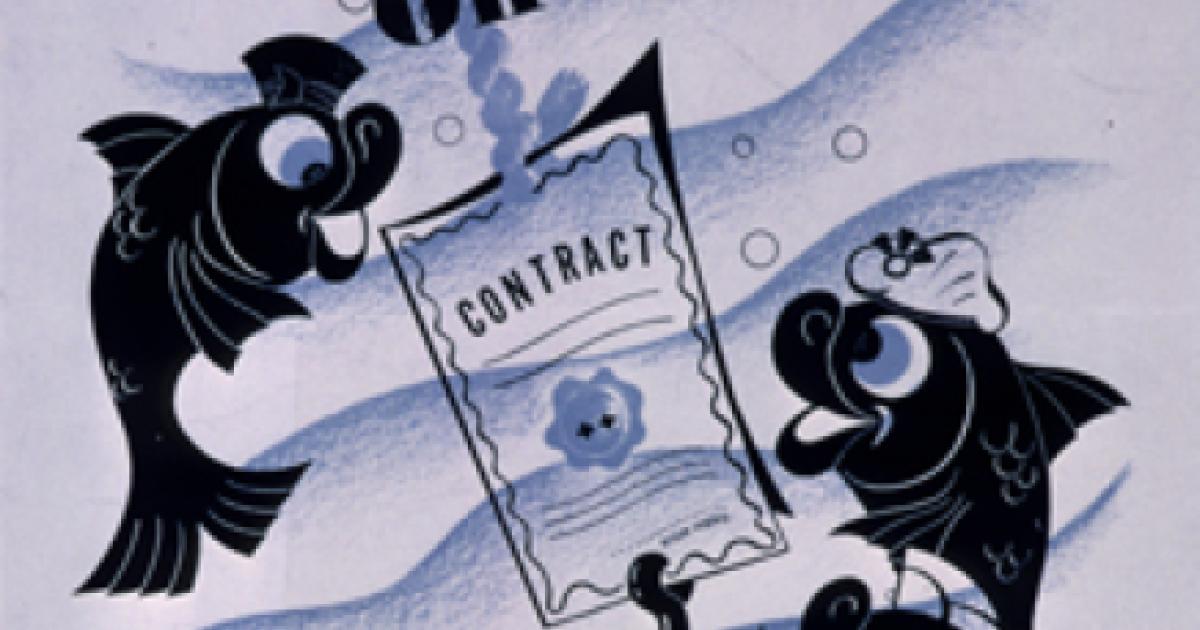- History
- Military

The volatility in the Shanghai stock “market”—let’s not forget, they’re still Commies!—kind of complicates the narrative of China’s “rise.” A one-month wipeout of more than $3 trillion in market capitalization, even on the heels of a prior race to all-time highs, is an attention-getter, for sure.
But the Chinese economy isn’t collapsing, it’s slowing. Indeed, as my AEI colleague Derek Scissors never tires of telling me and anyone who will listen, China’s economic weaknesses are not really new developments, but ones that have been coming ‘round the bend for more than a decade. Derek has the mindset of a historian—that is, he collects facts instead of “modeling” them—despite being a fully licensed economist. And the facts tell him that China is stagnating.
What Derek won’t do is speculate on the geopolitical consequences of this stagnation, especially in an era when Chinese leader Xi Jinping is somewhere in the middle of a power-grab that might make him the next Mao or send him to the morgue. I, however, cannot resist the lure of alternative universes and counterfactuals. To mask the emptiness of the analysis, I employ quotations from famous people.
Or paraphrases of Lincoln. Xi’s China is like a horse that’s halfway over a hurdle: it can’t go back, and it can’t go down, it must go forward. That is to say, Beijing will follow the course that it’s on until it faces the consequences of its demographics, its opaque and corrupt state-run economic system, its brittle one-party political system, and its blood-and-soil nationalism.
As with China writ large, so with the People’s Liberation Army. Even though it’s much better, better-equipped and a lot more dangerous to its neighbors and others than it used to be—and still very dangerous to common Chinese citizens—it’s gotten better in a way that’s mostly imitative of the United States, not truly innovative. As we begin to see “peak China,” we’re also going to see “peak PLA.”
This is not really cheering news. Those who fail to fulfill their own expectations of greatness tend to blame the rest of the world rather than themselves. It was Japan’s stagnation that made it dream of a Greater East Asia Co-Prosperity Sphere, not its economic success.
But let us remain historians and not social “scientists.” Report the facts, analyze the data, but do not predict. Maybe this isn’t peak China, but Derek thinks it is.















